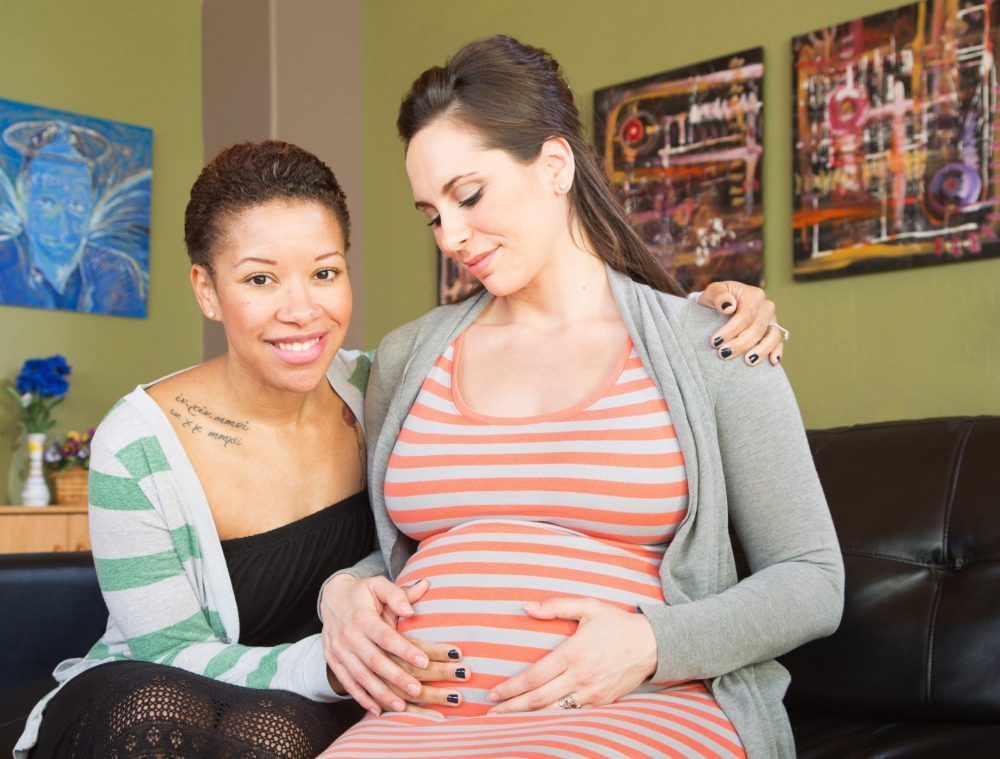Twenty-five years ago, the United States passed the landmark Family & Medical Leave Act (FMLA), the first federal law guaranteeing the right to workplace leave when a serious health need hits or a new child arrives. Millions of workers have taken advantage of the FMLA to bond with a new child, deal with a serious health need, or care for an ailing loved one, and millions more continue to rely on the FMLA today to take the leave they need without losing their jobs.
But the FMLA doesn’t cover all families. FMLA-covered workers generally only have the right to take leave to care for a seriously ill loved one if that loved one is their spouse, parent, or child—and only if that child is under the age of 18 or unable to care for him or herself due to a disability.
This narrow definition of family excludes workers who need to care for a sibling or extended family member like a grandparent, grandchild, aunt, or uncle. For the roughly 85 million people in the United States living in extended families, this means the FMLA does not recognize their family bonds. The FMLA’s definition of family also excludes workers who need to care for partners or significant others to whom they are not married, disregarding those who formed their families under domestic partnership or civil union laws or who choose not to marry.
Luckily, states are stepping up to fill these gaps by providing more inclusive and realistic definitions of family in their leave laws. Some states allow workers leave to care for a broader range of family members, like grandparents, grandchildren, siblings, parents-in-law, adult children, and domestic or civil union partners. Some paid sick day laws cover an even wider range of family, including loved ones to whom a worker may not have a legal or biological relationship, like a close friend or neighbor. These loved ones, often referred to as “chosen family,” are especially important to LGBTQ people and people with disabilities, though the need to protect chosen family affects all kinds of families. A Better Balance, through our LGBTQ Rights Project, works hard to raise awareness about the diversity of family structures and to push for laws and policies that include families of all types. You can find out more about these and other important protections here.
The way our laws define family sends a signal about who our country sees and values. But these choices are more than symbols—they have powerful practical consequences for real people’s ability to care for those they love. An inclusive family definition is not a luxury or side issue, it is an essential element.
This is part of a series of blog posts drawing on our report, A Foundation and a Blueprint, published on the 25th anniversary of the FMLA’s passage. This series focuses on how states and cities are building on the FMLA to better protect workers.





